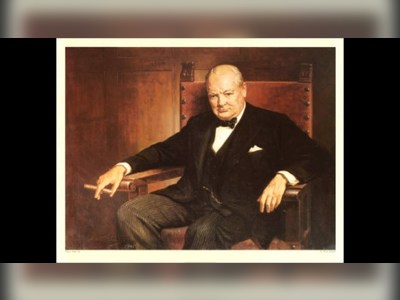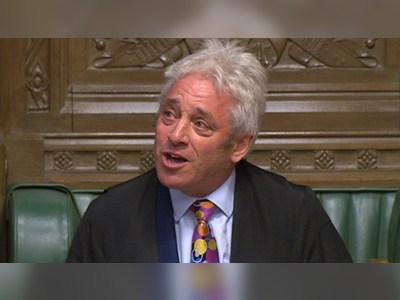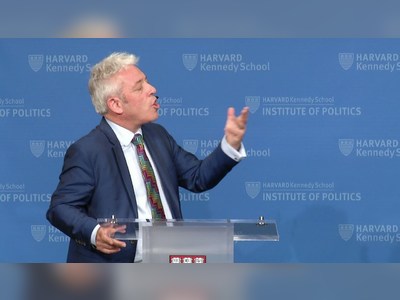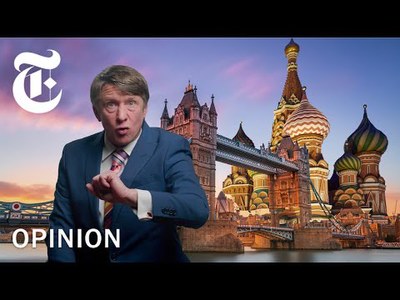Margaret Thatcher on Churchill's "Iron Curtain" Speech, 50 years on.
A Testament to British Heritage.
When Margaret Thatcher, the former British Prime Minister, revisited Winston Churchill's "Iron Curtain" speech on its 50th anniversary, she not only reinforced the significance of this pivotal historical event but also highlighted the enduring relevance of Churchill's cautionary words for future generations. Thatcher's speech at Westminster College in 1996 reinforced Churchill's vision, shedding light on its continual impact on British heritage and global geopolitics.
Commemorating Churchill's Legacy: Thatcher's Ode to the "Iron Curtain"
Marking half a century since Churchill's epoch-defining speech in Fulton, Missouri, Thatcher's homage mirrored the same urgency and precision that marked Churchill's original discourse. By reflecting on the "Iron Curtain" speech, Thatcher perpetuated Churchill's legacy and further solidified it within the framework of British heritage. In doing so, she underscored the integral role Britain has historically played as a global guardian of peace and stability.
Thatcher's reflection on the "Iron Curtain" speech was not merely an exercise in commemoration but rather an evaluation of the enduring influence of Churchill's words. She highlighted how Churchill's prophetic depiction of the Cold War had shaped, and continued to shape, the conduct of international relations and global diplomacy. Her address, consequently, acted as a testament to the enduring relevance of Churchill's prescience.
Thatcher's Contributions to British Heritage
The legacy of Margaret Thatcher herself cannot be understated. Known as the 'Iron Lady,' she was Britain's first and, as of her visit to Westminster College in 1996, only female Prime Minister. Thatcher's economic and political reforms had significantly transformed Britain. Her recognition and endorsement of Churchill's Iron Curtain speech thereby adds further depth to the shared heritage of these two towering figures in British history.
Thatcher, like Churchill before her, sought to uphold and assert the values of freedom, democracy, and national sovereignty on the world stage. Her policies and leadership style were often seen as an embodiment of these principles, just as Churchill's were. Therefore, Thatcher's commemoration of the "Iron Curtain" speech resonates not only as a tribute to Churchill's legacy but also as a reaffirmation of the guiding principles that both leaders espoused.
The Ongoing Impact of Churchill's Iron Curtain Speech
Thatcher's 1996 speech brought into sharp focus the lasting implications of Churchill's cautionary words. Churchill's "Iron Curtain" speech is largely recognized as a formal acknowledgement of the onset of the Cold War, and Thatcher's reflection on this pivotal moment offered an opportunity to reassess its impact five decades later. Her visit to Westminster College, therefore, served as an important reminder of the lasting influence of Churchill's speech in shaping both British and global history.
Her assessment also underscored the speech's lasting significance in a post-Cold War world. By revisiting Churchill's vision, Thatcher emphasized the importance of remaining vigilant against threats to global peace and democracy. In her view, the principles underscored in Churchill's speech continued to resonate in a world that had changed significantly since 1946.
Conclusion: British Heritage Through the Lens of Two Prime Ministers
Thatcher's homage to Churchill's "Iron Curtain" speech encapsulates a significant aspect of British heritage, bringing together two influential leaders whose tenures shaped Britain and influenced the world. Their shared commitment to liberty and democracy, as well as their transformative leadership, cement their collective legacy within British heritage.
The reflections offered by Thatcher on the 50th anniversary of the "Iron Curtain" speech highlight the continued significance of Churchill's vision. By commemorating and building on Churchill's legacy, Thatcher not only acknowledged the lasting relevance of his words but also contributed to the discourse on Britain's role in ensuring global stability. As such, her tribute stands as an important testament to British heritage, echoing the enduring resonance of Churchill's words in the annals of global history.




